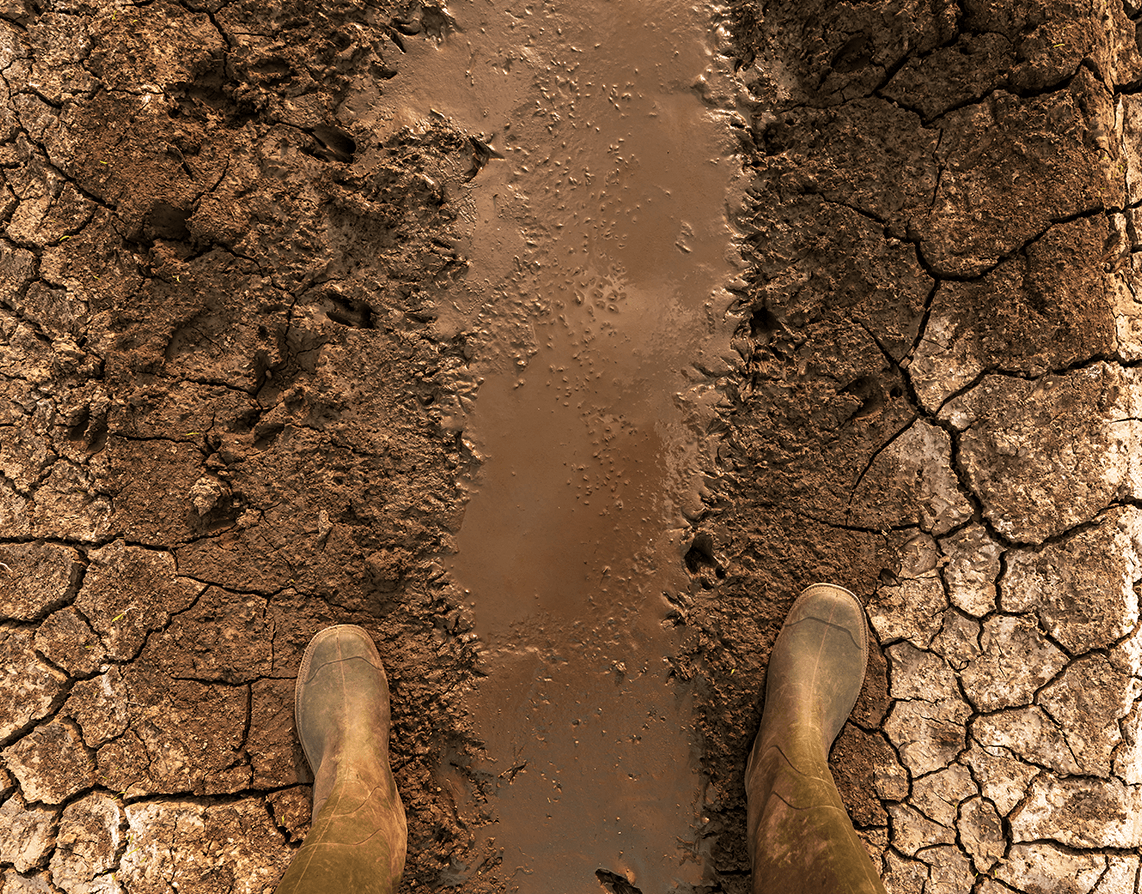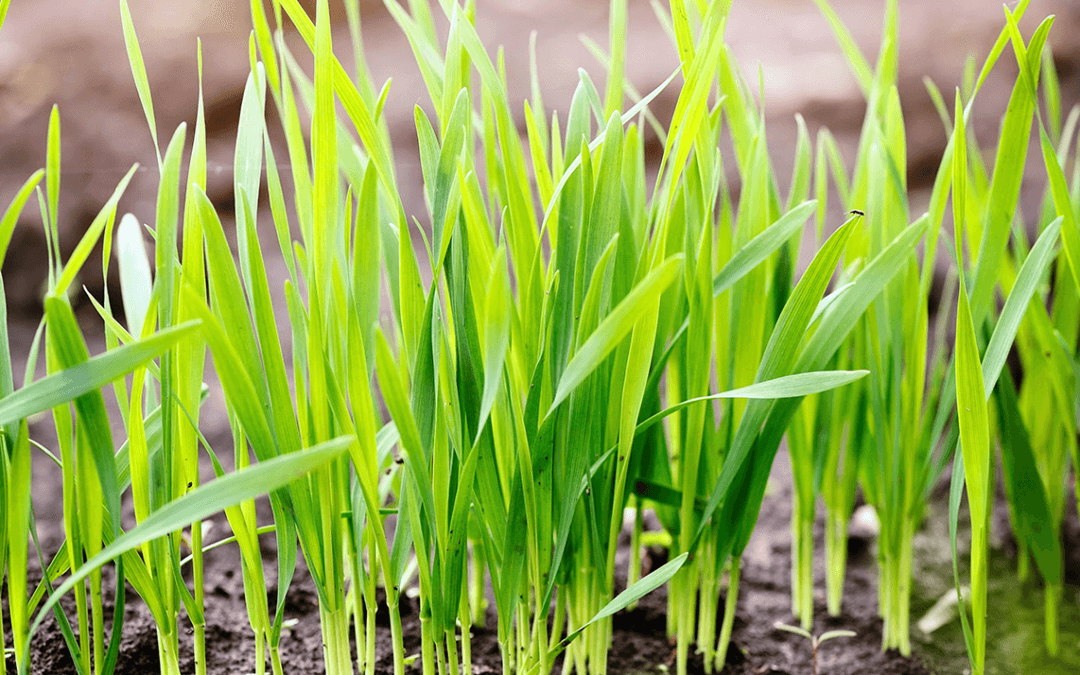The last few years have brought a series of challenges to our food supply. From Climate Change to
Covid we are being pushed to consider how and from where our food requirements are met.
Building the resilience to respond to current and future issues is something that is being studied
throughout of the agricultural and food industries, and there are green shoots to be found.
What is resilience in the food industry?
According to The Johns Hopkins University Center for a
Livable Future (CLF), it is “the ability to prepare for, withstand, and recover from a crisis or disruption. A resilient food system is able to withstand and recover from disruptions in a way that
ensures a sufficient supply of acceptable and accessible food for all.” The CLF describes itself as working “at the intersection of public health and food systems” and its work aligns with many of the
United Nations’ 2015 Sustainable Development Goals. SDG 2 is “zero hunger”. The target is to eliminate malnutrition globally by 2030, and within two years of the goals being published 26 of the
202 UN member states had declared themselves free of food poverty. Subsequent events, particularly the Pandemic may have reduced the likelihood that the target will be achieved, the
commitment of the G20 and other economic groups to a “no one left behind” strategy and a focus from the worlds richest nations to support the areas where food insecurity is worst is encouraging.


The main issues
One of the main issues in countries like the UK is the degree to which food is imported, an aspect that affects food security in the producer nations as well as the Environmental effects of
transporting food across large distances. A positive move has been the reduction in un-cropped arable land in this country. With a reduction from two million hectares to just a few hundred
thousand since 2008 the land being used to grow crops such as Grain and Oilseed has increased considerably. A slight blip in the 2020-21 growing season is understandable and has been reversed in 2022. One area that the Government’s Food Security Report 2021 highlights is the decline in Oilseed product in and a rise in imports. With the present war in Ukraine providing uncertainty about
imports from that region the Government Is encouraging increased domestic production in the next few years.
Food Security
On aspect of food security that the Food Security Report covers is the impact of climate change. It states that: “The biggest medium to long term risk to the UK’s domestic production comes from
climate change and other environmental pressures like soil degradation, water quality and biodiversity”. The Glasgow Food and Climate Declaration that came out of the COP26 shifted the
emphasis of climate change strategy towards food resilience. There is ongoing research into methods of tackling food insecurity at many institutions around the world, notably Johns Hopkins
University CLF mentioned above and the New York City Hunter College Food Policy Center. This research includes short term goals designed to create positive action now, as well as medium and
long term objectives that will support the global move towards Net Zero.

How we can help
Super Motion create films about agriculture and food that document the inspiring stories of change
and growth in the drive for improved food resilience. At our Agri Food Pioneers You Tube channel
we talk to people in the agri-food industry about the positive and environmental changes they are
making to deliver a sustainable, low carbon and regenerative future. Our mission is to deliver
powerful stories from the agri-food world that captivate our clients’ audiences. Book a strategy call
with us today to learn more about how video can communicate your story effectively.

Recent Comments